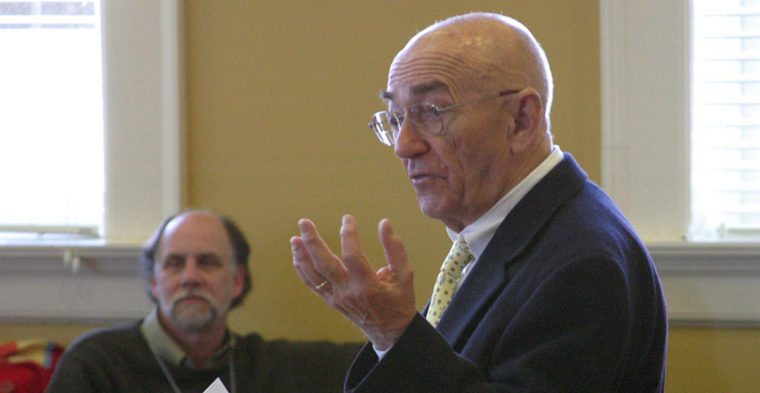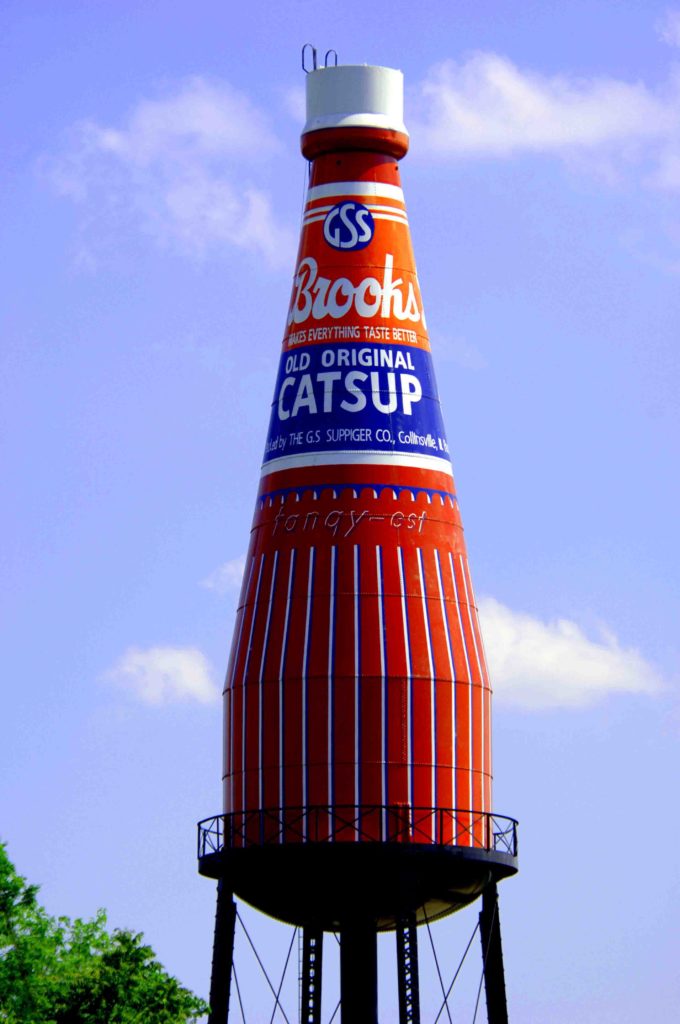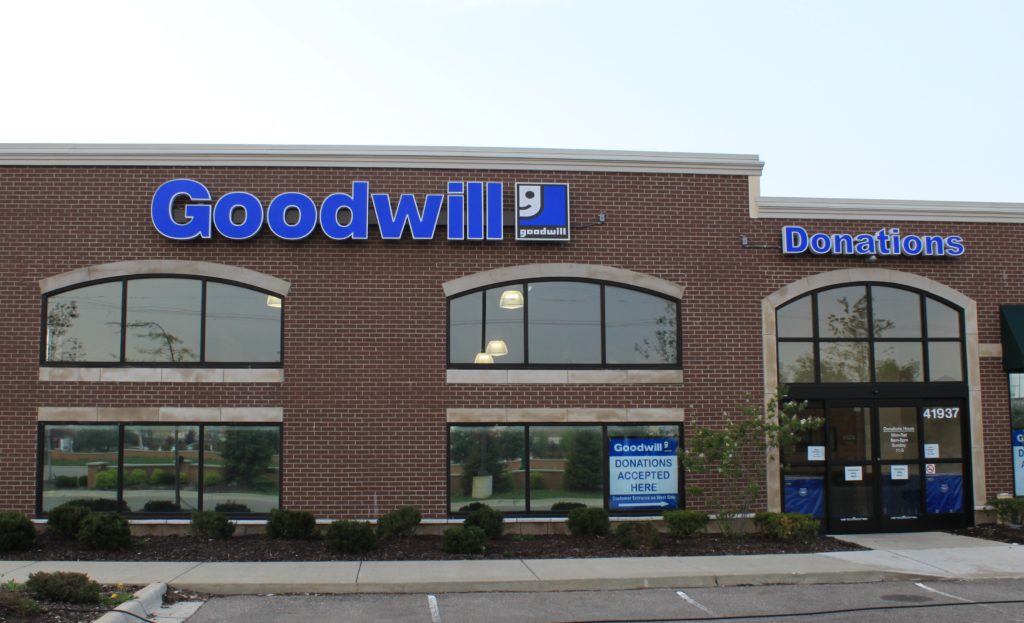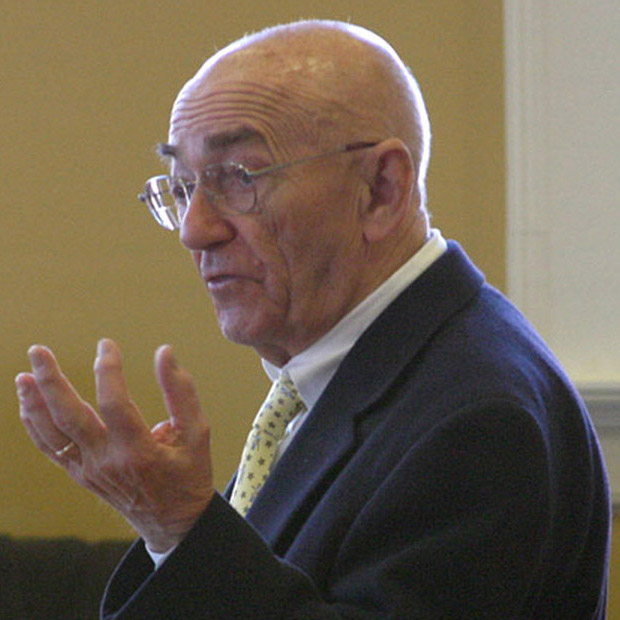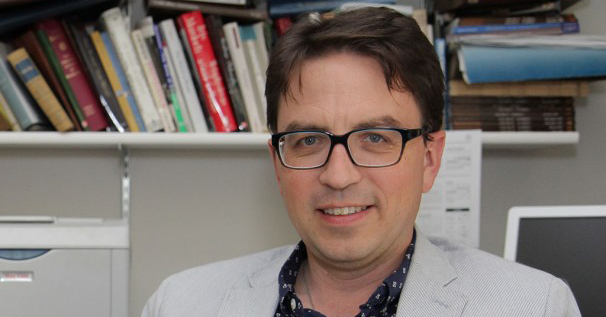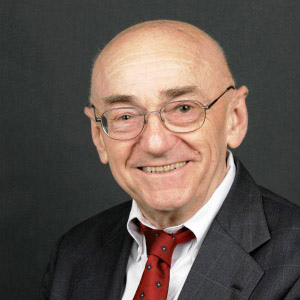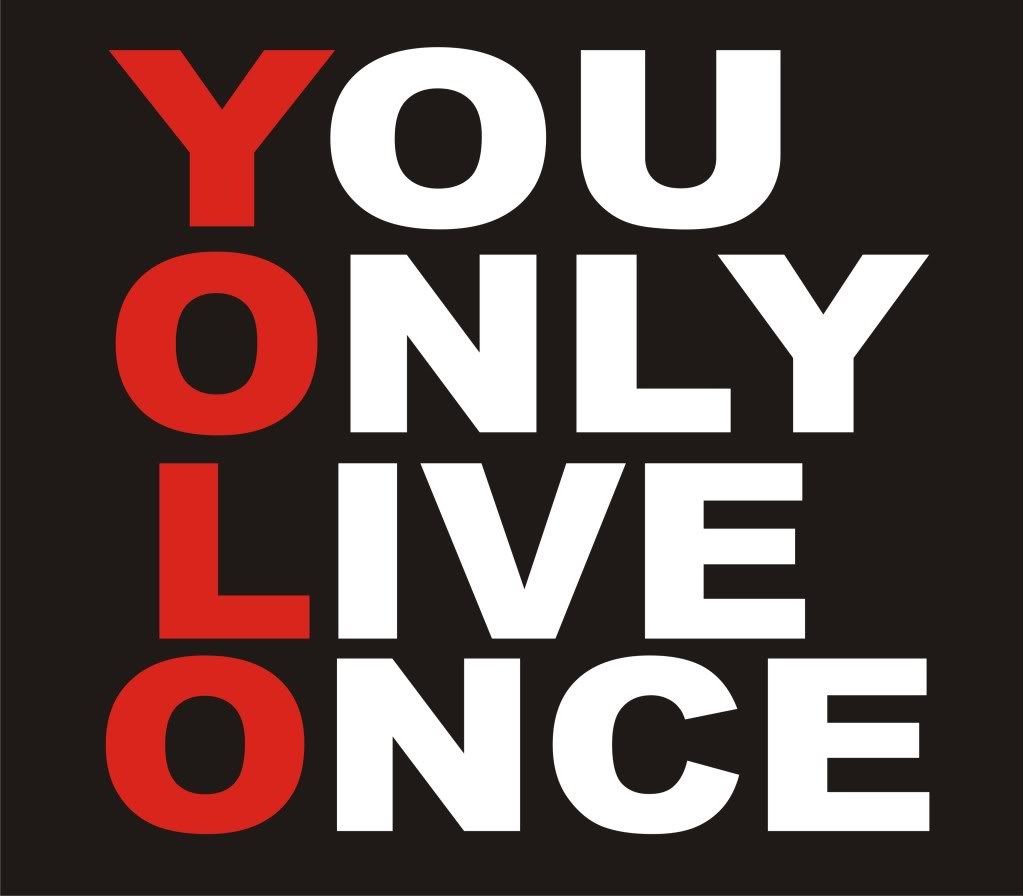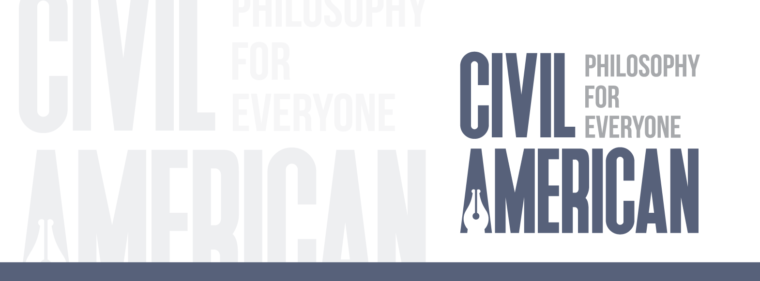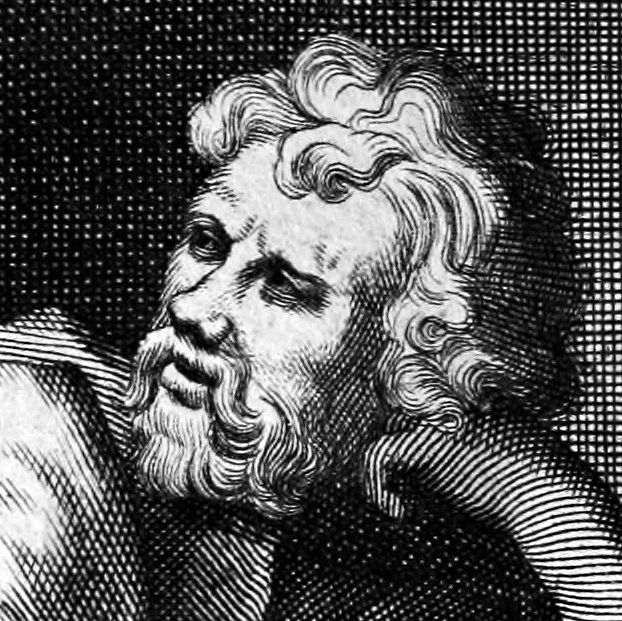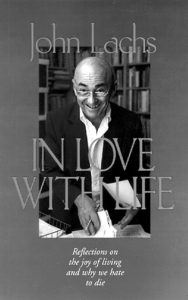
Dr. Lachs was our guest in Episode 5 of the show, back in February of 2017, when we asked him about his more recent book, Stoic Pragmatism. is the author of numerous books, and is Centennial Professor of Philosophy at Vanderbilt University and the Chairman of the Board of Trustees for the Society of Philosophers in America (SOPHIA), of which Philosophy Bakes Bread is a production. In addition to talking with John about his book, we first ask him about SOPHIA and the history of the philosophical profession, which motivated the founding of the organization.
Listen for our “You Tell Me!” questions and for some jokes in one of our concluding segments, called “Philosophunnies.” Reach out to us on Facebook @PhilosophyBakesBread and on Twitter @PhilosophyBB; email us at philosophybakesbread@gmail.com; or call and record a voicemail that we play on the show, at 859.257.1849. Philosophy Bakes Bread is a production of the Society of Philosophers in America (SOPHIA). Check us out online at PhilosophyBakesBread.com and check out SOPHIA at PhilosophersInAmerica.com.
(1 hr 6 mins)
Click here for a list of all the episodes of Philosophy Bakes Bread.
Subscribe to the podcast!
We’re on iTunes and Google Play, and we’ve got a regular RSS feed too!
Notes
- About the Society of Philosophers in America (SOPHIA), including its history.
- Apeiron Expeditions and the Philosophy Bakes Bread trip on a river in Maine, July 29th – August 1st.
- Andrew David Irvine, “Principia Mathematica,” Stanford Encyclopedia of Philosophy, 2015, on Alfred North Whitehead and Bertrand Russell, Principia Mathematica: Volume One.
- Geoff Sayre-McCord, “Metaethics,” Stanford Encyclopedia of Philosophy, 2012.
- John Lachs, In Love with Life (Nashville, TN: Vanderbilt University Press, 1998).
You Tell Me!
For our future “You Tell Me!” segments, John posed the following question in this episode:
“Do you find it difficult to engage in an activity for its own sake?”
Let us know what you think! Via Twitter, Facebook, Email, or by commenting here below.


